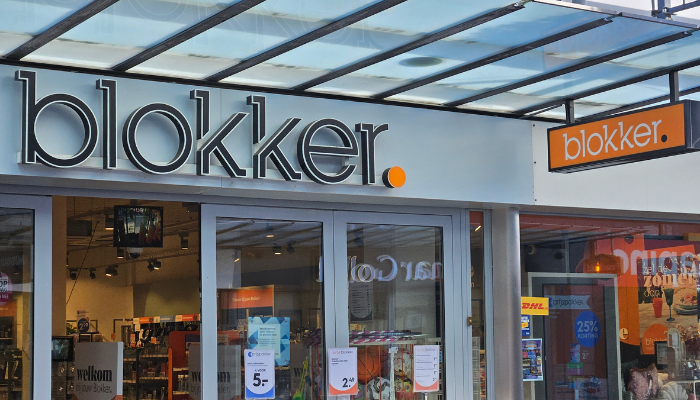
The Dutch retail sector is going through a turbulent period. In 2024 and 2025, the number of bankruptcies in the retail industry rose sharply, despite modest revenue growth. According to CBS, 89 stores went bankrupt in the second quarter of 2025. A 35% increase compared to the previous year. Major names like Rivièra Maison, Casa, Blokker, Bristol, Esprit, and Big Bazar (partially) disappeared from the view of the streets, leading to increased vacancy and uncertainty in shopping areas.
In this context, overstock buyers are often seen as parties that benefit from the downfall of retail chains. But that perception is too narrow. Professional buyers play a crucial role in responsible liquidation and brand protection.
1. Fast and Efficient Liquidation
When a retailer goes bankrupt, remaining inventory must be sold quickly to pay creditors. Buyers provide immediate liquidity by purchasing large volumes in one go. This prevents prolonged clearance sales and minimizes storage and handling costs
2. Brand Protection and Reputation Preservation
A key aspect of professional buying is avoiding reputational damage. Brands like Rivièra Maison or Blokker have invested heavily in their image over the years. It would be harmful if their products ended up en masse in discount stores or outlets. Responsible buyers therefore work closely with trustees and brand representatives to ensure controlled distribution of remaining inventory
3. Alternative Distribution Channels
Instead of outlets, these buyers opt for discreet sales through export, niche markets, or partnerships with interior professionals. This way, brand value is preserved and products are not devalued
Tips for Effective Overstock Clearance
To ensure a responsible and successful clearance of overstock inventory, buyers and retailers should consider the following best practices:
Engage Early with Trustees: Establish communication with bankruptcy trustees as soon as possible to understand legal boundaries and expectations.
Respect Brand Guidelines: Ensure that resale strategies align with the brand’s image and long-term positioning.
Segment Inventory Strategically: Categorize products based on value, seasonality, and brand sensitivity to determine appropriate resale channels.
Avoid Mass Dumping: Refrain from selling large volumes to outlets or discount chains that could harm brand perception.
Use Trusted Distribution Partners: Work with vetted resellers who understand the importance of brand integrity.
Consider International Markets: Exporting to regions where the brand has less visibility can reduce reputational risks.
Maintain Transparency: Keep stakeholders informed about the clearance process to build trust and avoid legal or reputational issues.
Document Everything: Maintain clear records of transactions, agreements, and resale conditions to ensure accountability.
Case Study: Blokker
After Blokker's bankruptcy in November 2024, which saw 350 stores close and over 3,500 jobs lost, entrepreneur Eric Kooistra purchased 202 shipping containers full of household goods. While his approach focused on rapid acquisition, it also highlights the importance of careful handling of brand products. Blokker's new owner, Roland Palmer, is working on a relaunch with 30 to 40 stores and aims to reposition the brand
